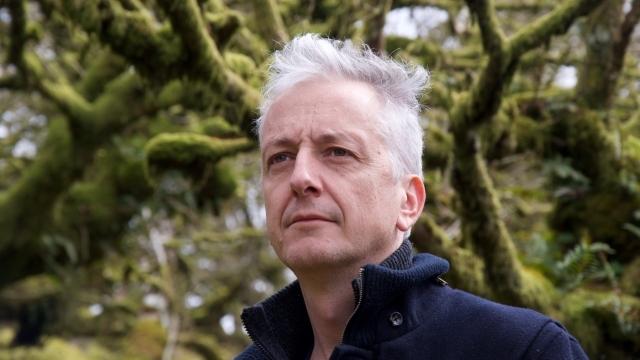
Image: Prof. Tim Denham
Vegetatively propagated field crops are some of the most important in terms of global food production, and are especially important subsistence crops in the tropics and subtropics (as well as some mountainous and temperate regions). These crops include: root crops (such as potato, manioc/cassava, yams, sweet potato and aroids); bananas, plantains and Enset; cane grasses; and a vast range of vegetables. The timings, selection processes and associated cultivation practices for the domestication of clonally propagated field crops are under-studied and poorly understood.
Tim will discuss some of the conceptual and methodological hurdles to current understanding, and indicate how they might be overcome. Foremost, the differentiation of wild, cultiwild and cultivated morphotypes in the archeobotanical record (whether macrofossil or microfossil) is problematic for most vegetatively propagated crops. Differentiation is problematic in terms of knowing what we are looking for (conceptual), as well as in terms of having an effective and practical toolkit for investigation (methodological). I outline some recent advances and future directions for the investigation of these enigmatic crops in the archaeological record with specific reference to the Indo-Pacific.
Prof. Tim Denham: Professor in Archaeology, School of Archaeology and Anthropology, ANU.
Location
Speakers
- Prof Tim Denham, ANU School of Archaeology and Anthropology
Contact
- Anna Florin